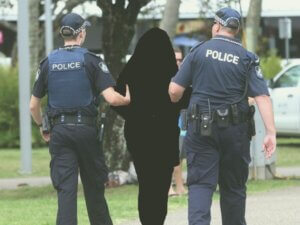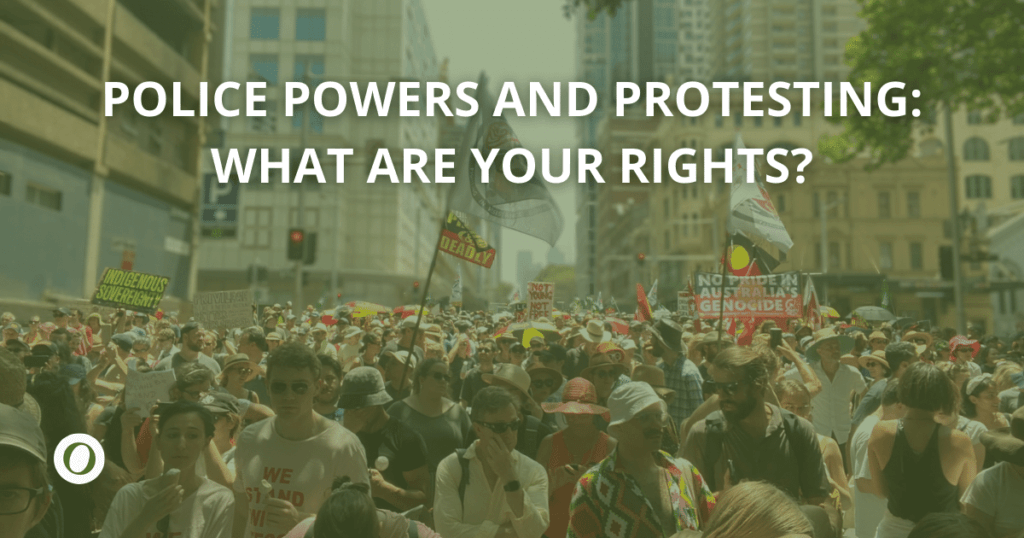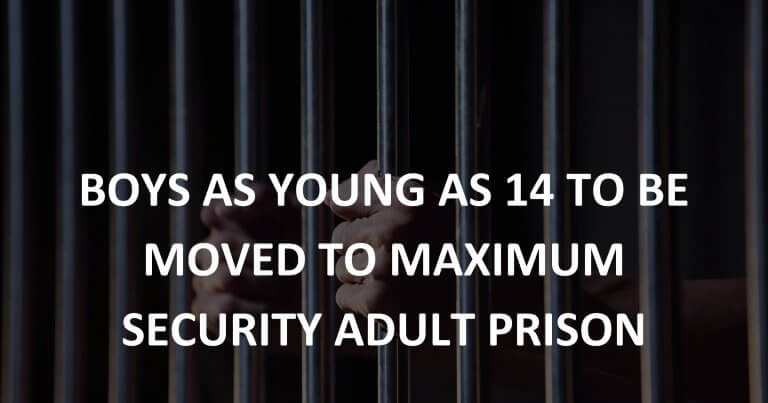A free webinar featuring Principal Solicitor Peter O’Brien is taking place tonight (Wednesday, December 9, 2020) to provide simple and clear guidance on your legal rights during protests.
Barrister Felicity Graham, Principal Solicitor of the Shopfront Youth Legal Centre and our own Principal Peter O’Brien will be on the panel, hosted by the police accountability solicitor at Redfern Legal Centre, Samantha Lee.
Black Lives Matter, climate strikes and education changes have been the most popular protests this year, with a heavy police presence at most if not all events.
For anyone that ever plans on attending a protest, this webinar is for you.
Do you know what your rights are if you are at a protest and:
- you’re protesting in a group of more than 20?
- you are told to move on by police?
- you are arrested?
- force is used against you?
- you are under 18?
- you are Aboriginal and Torres Strait Islander?
- you are “kettled” or capsicum (pepper) sprayed?
The webinar will have an expert panel in the laws for protesting and police powers and you’ll be able to ask questions directly to the panel.
 Quick Tips for Police Powers
Quick Tips for Police Powers
- Police can arrest you or fine you if you’re breaching COVID-19 laws
- Police have to tell you why they are stopping, searching or arresting you
- You’re allowed to, and should, ask police for their name and police station and take these details down
- You should tell police if you are 17 or younger
- If police want to search you, you should state out loud that you do not agree but cooperate with the search.
- Note that there are conditions that apply to any possibility of a strip search, which you can discover in this link
- Ask the police officer to turn their body-worn camera on and have someone filming the interaction
- You do not need to provide ID unless you are found with something illegal or you are being fined/arrested
- An indication by a drug detection dog (sitting next to you) does not on its own provide police with the power to search, nor does it suffice for an officer to ‘suspect’ on reasonable grounds possession of a prohibited drug
To register for the webinar visit this link.
:contactOBSCivil:






